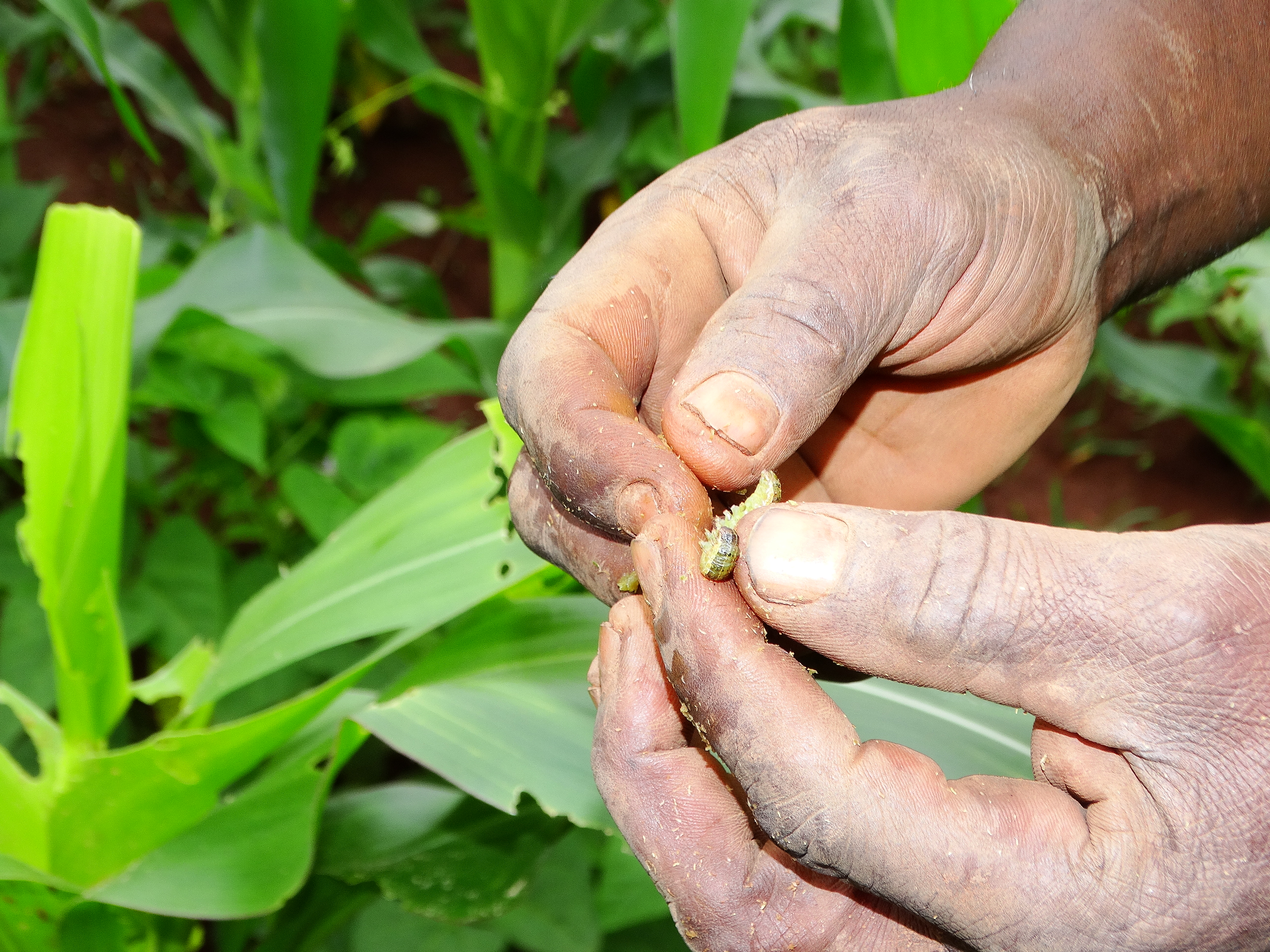
Despite Tanzanian youth making up most of the country’s labor force, they are burdened with unemployment and struggle to access microcredit. Many youth lack interest in agriculture because of its perceived instability. Despite their skills and knowledge, their potential remains largely untapped in the agriculture sector.
To address some of these challenges, the Feed the Future Tanzania Nafaka Activity, funded by the United States Agency for International Development (USAID) and implemented by ACDI/VOCA, developed a gender and youth strategy to help youth gain better access to and control of agricultural assets, technologies, services, products, and income across Nafaka’s operations and activities.
The Msimamo Youth Group, based in Ifakara, is one group that benefits from this strategy. The group, which formed on May 13, 2015, has 17 members, including nine women and eight men. Adia Fumo, the group’s chairperson, said members benefitted from training they received through Nafaka on gender-integrated leadership, record keeping, post-harvest handling, marketing, and support services. Members also learned about finance, accounting, and poultry rearing directly from volunteers of ACDI/VOCA’s Farmer-to-Farmer Program, also funded by USAID.
The group is playing a vital role in the fight against Fall Armyworm, first identified in the country in March 2017. “Through your efforts, we have been able to offer our services to 68 smallholder farmers and spray approximately 142.4 hectares in the 2018-2019 season,” Adia said.
“Farmers demand our services and are willing to pay for them because they help them alleviate hunger through increased productivity.” — Mwanaharusi Nyambi, secretary of the Msimamo Youth Group
Apart from the sprayer services, the Msimamo Youth Group also offers a fee for agricultural extension services, including planting, weeding, and facilitating other off-farm activities, such as winnowing. They earned TZS 15,302,000 (USD 6,741) during the 2018 ̶ 2019 season by providing these services to the community.
Deodatus Ngomela, a local farmer, received services from the youth group. “Before, we used to spray our crops using any chemical without considering the targeted pest at a huge cost,” he said. “But, now, after identifying this group, spraying services have helped us to efficiently eliminate the pest at a low cost.”
Farmers are seeing the value the group provides as their crops improve. “The spraying services we offer have made a difference to the community in terms of controlling the pests as well as controlling the environmental effects that the pesticides can cause,” said Mwanaharusi Nyambi, the group’s secretary.
Nafaka will continue to strengthen the capacity of young people. In doing so, it aims to engage more youth in agriculture, increase their earning potential, and, ultimately, improve household food security and nutrition through agricultural productivity.
Learn more about the Feed the Future Tanzania Nafaka Activity.
Learn more about our work in Tanzania.





